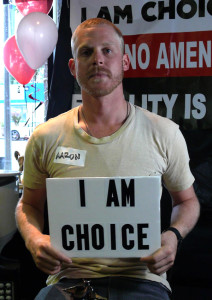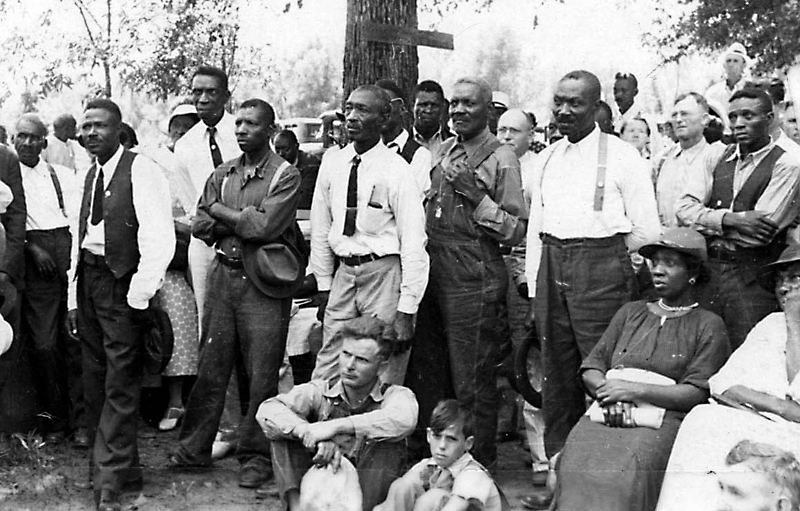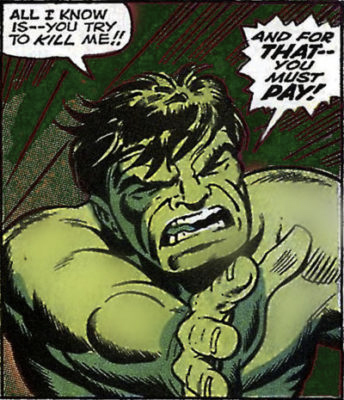“We’ve all got to be in this together”
 “The labor movement needs to start thinking creatively if it’s going to survive,” said Aaron Dietrich, a 30-year-old Community Organizer for the Florida Public Services Union (FPSU) in St. Petersburg. “That means working with the community.” Dietrich, shows that creative thinking in his work for the People’s Budget Review (PBR), which meets at 5:30 every Monday at the FPSU’s offices at 449 Central Ave #104.
“The labor movement needs to start thinking creatively if it’s going to survive,” said Aaron Dietrich, a 30-year-old Community Organizer for the Florida Public Services Union (FPSU) in St. Petersburg. “That means working with the community.” Dietrich, shows that creative thinking in his work for the People’s Budget Review (PBR), which meets at 5:30 every Monday at the FPSU’s offices at 449 Central Ave #104.
Participatory budgeting
PBR is leading the drive to get 20,000 valid signatures by next April to qualify a Participatory Budgeting initiative for the St. Petersburg ballot. The initiative would “amend the City Charter in order to require that, within three years, three percent of the City’s annual budget be allocated directly and democratically through a process of participatory budgeting.”
Cutting through the three pages of small-type legalese, its key elements are:
(1) “[T]he people shall be empowered to directly propose, develop, and select those projects and programs which the City will fund using a portion of its projected general fund revenues as otherwise specified in this Section 1.03.”
(2) Implementation would be carried out by “a Participatory Budgeting Committee with the power to implement participatory budgeting in the City.” The committee “shall be made up of twenty-three (23) members,” one member from each [of 8] Council member’s district. … “The Mayor shall select fifteen (15) non-governmental, public-interest organizations to be represented on the Committee, as follows. Each organization shall have a substantial presence in the City and shall have a mission compatible with the goal of sustainability …”
(3) One point of potentially great significance for the St. Petersburg Green Party, which is working with the People’s Budget Review, is “The people shall also be empowered to propose, develop and select new revenue-neutral and revenue-generating projects and programs through this process.” Thus the impact could go far beyond the initial 3%, as revenue neutral or revenue-generating expenditures would not be deducted from that 3%.
(4) The Committee would ensure that the budgeting “process shall emphasize the involvement of all eligible participants, particularly those from groups historically underrepresented in civic life, including but not limited to young people, people living in poverty, and underrepresented minority groups.”
(5) “Appropriations for projects and programs selected through participatory budgeting may not be amended, nor money transferred from the Participatory Budgeting Fund, except when ordered by a court of competent jurisdiction.” And “the Mayor may not veto any ‘line item’ which is the result of the participatory budgeting process outlined in Section 1.03 of this Charter.” Note to politicians: Hands off!
“The FPSU has been a key supporter of this campaign,” stated Dietrich. “The basic goal is to extend political and economic democracy to everybody in the city by organizing around the city budget —policy without rhetoric. It lets us organize all sorts of groups that have different issues, and organize them around a single organizing path.”
$15 for city workers — a good start
FPSU, an affiliate of SEIU, represents 1,500 St. Pete city and 2,000 school district workers Per the FPSU website, FPSU also represents “19,000 workers in eight counties, 16 cities, three Head Start agencies and four school districts across Florida.” They are currently negotiating with recently elected Democratic Mayor Rick Kriseman, who is offering a measly 2%, while opposing the efforts of other city workers who want to join the FPSU. The union has an especially strong community focus.
“A key proposal is to raise the basic pay to a minimum living wage to $15/hour for every city worker,” said Dietrich. “And we are fighting for a comprehensive apprenticeship program which would hire unemployed community youth who aren’t getting the opportunity to move forward and enter the middle class. The city’s workforce is getting older, so there is a huge opportunity, a generational opportunity, to start training younger workers now for the jobs of tomorrow. We would train across departments, making them some of the most skilled workers in the state. That would certainly go a long way toward justifying paying them that $15 minimum.”
Ban the Box and 15 Now
“We’re also supporting the Ban the Box campaign,” he added, “so that the city’s hiring process doesn’t exclude people with criminal records. So many folks in our community won’t even apply for a city job because they have such records. They think there’s no use. Ban the Box would prevent the city from asking for people’s criminal history when they first apply. The city could only do background checks after a job has actually been offered. I mean, prior offenses — like getting caught with a bag of weed 10 years ago — shouldn’t bar anyone from having a job or being an active member of their community. The harder the city makes it, the more likely that people will end up on the same path that got them in trouble in the first place.”
“Community is key,” Dietrich explained. “We know some people think unions are greedy, that they only look out for themselves. But our membership is exactly the opposite. Some of our oldest members, some of the highest paid, are leading the charge to support the community. They know we’ve got to take care of those on the bottom first. Fair pay from the bottom up.”
Dietrich supports 15 Now, which is part of the national movement fighting for the $15/hour minimum wage for all workers, especially the lowest paid, as it spreads across the country. 15 Now launched its Tampa Bay chapter on July 19, and plans are afoot to open a 15 Now group in Orange County (home of Disney World). It has become a leading campaign issue for the Green Party’s Didier Ortiz running for Fort Lauderdale’s City Commission District 3 in Broward County. Fast food workers are organizing for 15 even now in Tampa, across the Bay from St. Pete.
“15 Now applies to all workers, not just unionized workers,” noted Dietrich. “That’s key to our work with the community. A $15/hour minimum for city employees is great for city employees, but how about everyone else? The community feels that the city should be setting an example for other employers. We want to raise expectations. So when the story came out that we were fighting for the $15/hour minimum, people knew what it meant — The only question was ‘how do we get this done?’ That’s a big cultural shift. Expectations about what is fair and equitable are really rising,. FPSU’s workers are in the lead. We live in the community, and we want to see that energy and spirit everywhere.”
Beyond the workplace
“We would like to become a real community union,” he continued. “After all, why should we limit ourselves to the workplace. When we’re talking to our members, we can’t just look them in the eye and tell them a 3% raise is going to change their lives. Their communities have been decimated by the housing crisis, there are foreclosed houses all over the place, their kids are in college, and they’re loaded down paying off student loans. We have to recognize that wherever the issues are, that’s where the FPSU has to be fighting, not just in the workplace. There is so little separation between community and workplace.”
Asked about plans for creating an actual community union in the neighborhoods, Dietrich responded, “We’re exploring it. It would mean us being able to sign up average community members into a real union, develop resources, let them actually vote on their organization’s direction. But so much comes down to resources. For all its flaws over the past 40–50 years, one thing that the union movement has been good at is ensuring that they have the resources to get things done. That’s basic. We do know that if we just keep the unions limited to the workplace, the labor movement is going to have a hard time surviving the next few decades.”
Redefining democracy
Dietrich believes that communities are going to have to redefine what democracy means, develop more innovative projects like the People’s Budget Review, like participatory budgeting. “Does it just mean electing someone every four years to make our decisions for us?” Dietrich asked, then answered, “No, they can’t just do it through elections if they expect to see substantial change.. In the next four years, I hope that people all around Florida will start stepping up, start seeing that they need to be making more decisions for themselves.
“The questions for the FPSU,” Dietrich concluded, “are how can we organize these movements onto a single path, how can we connect the community union with the participatory budgeting process, with the fight for the $15 minimum wage, with whatever the community needs to expand both our political democracy and our economic democracy. Labor can’t win it alone, environmentalists can’t win it alone. Nobody can afford to just be looking out for their own members. We’ve all got to be in this together if we’re going to change this community and this country. It’s all for one and one for all.”
— submitted by Jeff Roby
08/05/14





